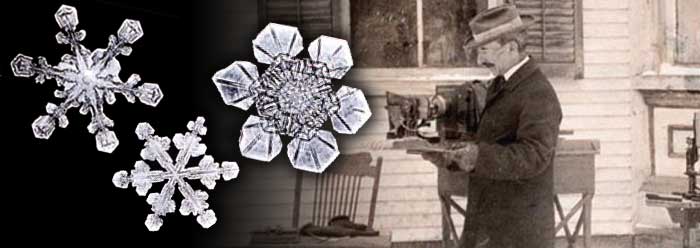What Bible version says that: "and the Earth became without form and void"?
Your bible says that...or it would if it was written in Hebrew.
Tohu wa -bohu, Earth “Was” or “Became,” Waste and Void?
By
Rob Robinson on July 29, 2014 • (
3 )
The Original Hebrew Reveals What God Is Saying In the Creation Of The Universe
When we conduct a serious study in the correct usage of the Hebrew language, we find that Genesis Chapter 1 verse 1, was not written as a collection of verses which describe the original creation of God.
The sentence, “
In the beginning God created the heavens and the earth,” is an ending to God’s description of the creation of the universe. If it was intended as a part of God’s summary of the entire creation, then the second verse—”
The earth was without form, and void; and darkness was on the face of the deep. And the Spirit of God was hovering over the face of the waters”—would have been the beginning of the description of this creation. It is not. Verse 2 is a completely separate and distinct subject.
We See A Clear Example Of This In Genesis Chapter 5:
Genesis 5:1
This is the book of the genealogy of Adam. In the day that God created man, He made him in the likeness of God.
Genesis 5:2
He created them male and female, and blessed them and called them Mankind in the day they were created.
Notice that the first verse of Genesis 5, “
This is the book of the genealogy of Adam,” is immediately followed by the connecting words: “
In the day that God created man, He made him in the likeness of God.” Notice that the second verse does not give us any details of the preceding verse, but is a separate and distinct event: “He created them male and female, and blessed them and called them Mankind in the day they were created.”
We do not see this as clearly in the English translation of Genesis 1:1-2 as it is apparent in the original Hebrew translation.
“
In the beginning, God created the heavens and the earth.”
bə·rê·šîṯ ’ĕ·lō·hîm bā·rā ’êṯ haš·šā·ma·yim wə·’êṯ hā·’ā·reṣ
Hebrew reads from right to left. Starting with the preposition “In,” which is always attached to the feminine noun “
beginning.” This tells us that this is the original creation of the heavens and the earth, that is being spoken here as a separate and distinct event from all that follows. Also, it is worth noting that the word “
Elohim” is plural, a compound unity of God. This is to say that God is One, but made up of more than one person.
The second verse is clearly intended as a separate and distinct statement about an event which took place at great distance from the original creation.
“
The earth was or became without form, and void;
wə·hā·’ā·reṣ hā·yə·ṯāh ṯō·hū wā·ḇō·hū,
The term “
without form, and void” is preceded by the Hebrew word
ha-ye-ta, which has been translate “was.” There is some evidence that
ha-ye-ta could also be correctly translated as “became.”
It is interesting that those who have an agenda to prove that verse 2 of Genesis Chapter 1 is a part of the first verse—always translate hayeta as “was.” While at the same time they translate Genesis 19:26—where Lot’s wife turns back to look at Sodom—they translate hayeta as “became” (a pillar of salt). Both Genesis 1:2 and Genesis 19:6 use the same Hebrew word: hayeta; yet, one is translated “was” and the other, “became.”
This appears to be solely for the sake of convenience in proving that Genesis 1:2 is stating that the earth was in a state of formlessness, rather than something occurred which caused it to become formless and void.
Genesis 1:2
The earth was (hayeta)
without form, and void; and darkness was on the face of the deep. And the Spirit of God was hovering over the face of the waters.
Genesis 19:26
But his wife looked back behind him, and she became (hayeta)
a pillar of salt.
A point certain—since the Hebrew word
hayeta may be translated as “became” in the context of Lot’s wife; it can also certainly be translated as “became,” in Genesis 1:2. You will read from some scholars that the Hebrew does not allow for the translation “
became formless and void,” but this is simply not true. There are just as many Hebrew scholars who will adamantly declare that the Hebrew demands the translation “became.”
Sorry for the delay there....uh...no I'm not. I went out to play for a while...Not much strength right now so it was fairly short. LOL

